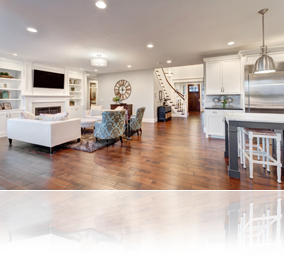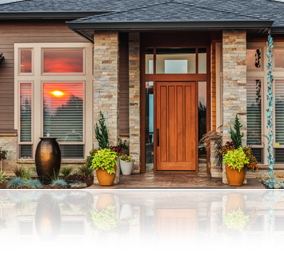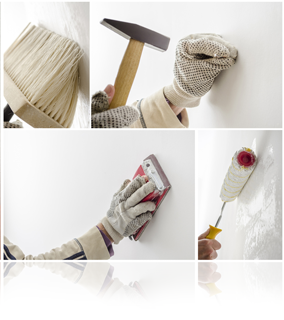You’ve spent a couple of weekends viewing homes. You’ve found a few that you like, but none were quite “it”. Then, finally, you visit a property that seems perfect for you. It has most of the features you’re looking for in a new home. You quickly fall in love with it.
But it’s not yours yet. You have to make an offer. The amount you offer will play a huge role in whether or not you get the home, and the price you’ll pay.
At this point, you might be tempted to put in a really low offer in the hopes that you’ll get a bargain.
But that’s usually not a good idea.
First, the seller (working with his or her REALTOR®) probably knows the current market value of the property. So your low-ball offer will not make a good impression.
Secondly, there might be another offer that comes in at the same time — one that’s closer to the listing price — and you might risk losing your chance to buy the property. So be cautious with the low-ball game. Chances are, you’ll lose. A good REALTOR® can help you make the right offer for the property you’re interested in purchasing.









